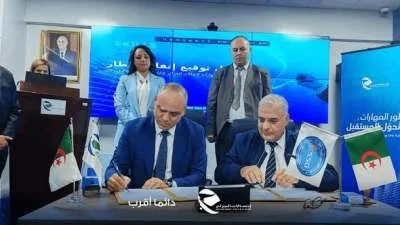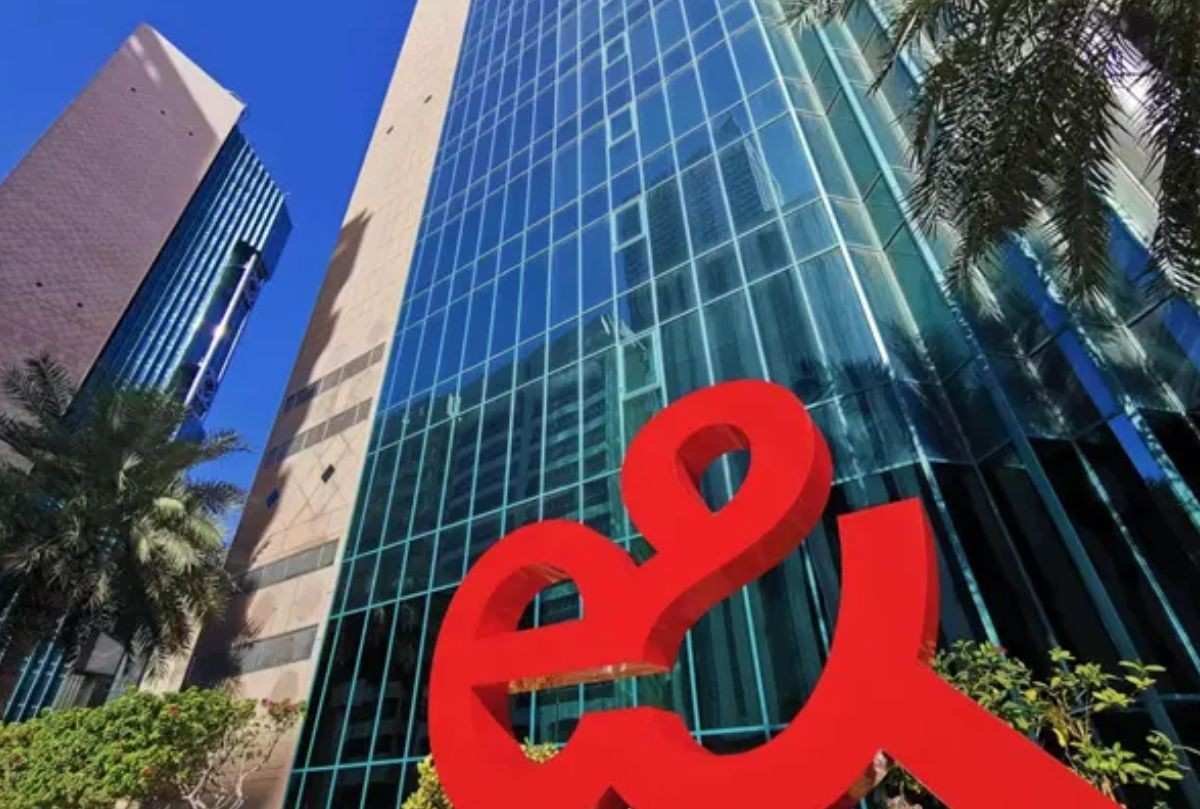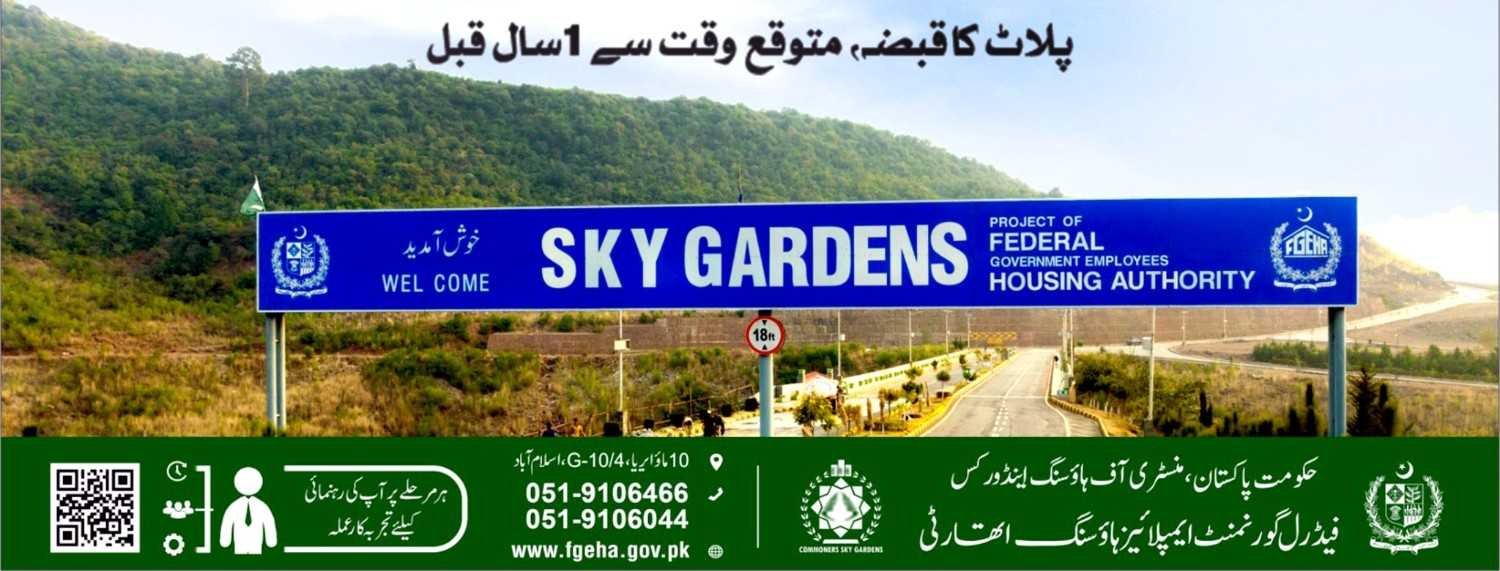During Wednesday’s National Assembly session, the parliamentary secretary for the cabinet secretariat, Sajid Mehdi, addressed concerns over internet throttling, stating that it was not possible to provide a specific timeline for the restoration of full online services. The official indicated that cyber disruptions could persist indefinitely as security measures were being implemented at the behest of the Interior Ministry.
The issue was raised by PPP’s Abdul Qadir Patel, who expressed alarm over the ongoing internet throttling in the country, noting that even basic activities, such as opening voice notes and photos on WhatsApp, had become difficult. Patel questioned the Pakistan Telecommunication Authority (PTA) about the firewall they were using and criticized the delays in restoring internet speeds. He highlighted the significant financial losses being incurred by people in the IT sector and the adverse effects on students’ academic activities. Patel demanded clarity on when full internet speed would be restored.
Supporting Patel’s concerns, his party colleague Shazia Marri criticized the government’s push for the Digital Nation Pakistan Bill under the current conditions, lamenting the lack of internet access. She also expressed frustration with the government’s statements blaming internet service providers for the issues, asserting that the government’s handling of the situation had left citizens unable to discuss or engage in e-commerce.
Marri, however, conceded that freedom of speech should come with responsibility, denouncing the misuse of digital platforms for harmful activities like terrorism and harassment. She questioned why innocent users should bear the consequences of restrictions aimed at those misusing the internet.
Minister of State for Information Technology Shaza Fatima Khawaja explained that the social media platform X (formerly Twitter) had been banned by the PTA on the advice of the Interior Ministry, but her ministry had no involvement in the decision. She emphasized that the government was not trying to curtail freedom of expression, pointing out that TikTok and Facebook—Pakistan’s most popular platforms—were still accessible.
The minister further defended the government’s actions, citing a PTA report showing a 28% improvement in overall internet speeds and a 24% improvement in mobile internet speeds compared to the previous year. She also noted that IT exports had grown by 34% over the past five months, reflecting improved internet quality, not deterioration.
Khawaja clarified that broadband internet had not been shut down, even during times when mobile internet was throttled due to security concerns, such as during Ashura and other significant events. While acknowledging some challenges in user experience, she reaffirmed that national security was the highest priority, stressing the importance of protecting the country from cyber-attacks and data leaks.
The National Assembly also passed the National Forensic Agency (NFA) bill on Wednesday, following Senate approval. The bill is expected to become an act of parliament once it receives presidential assent.















